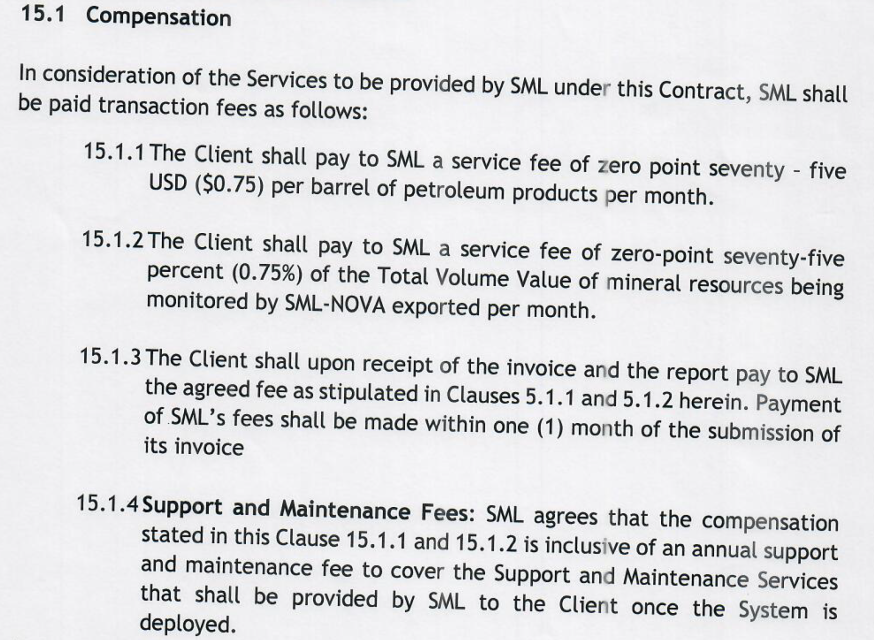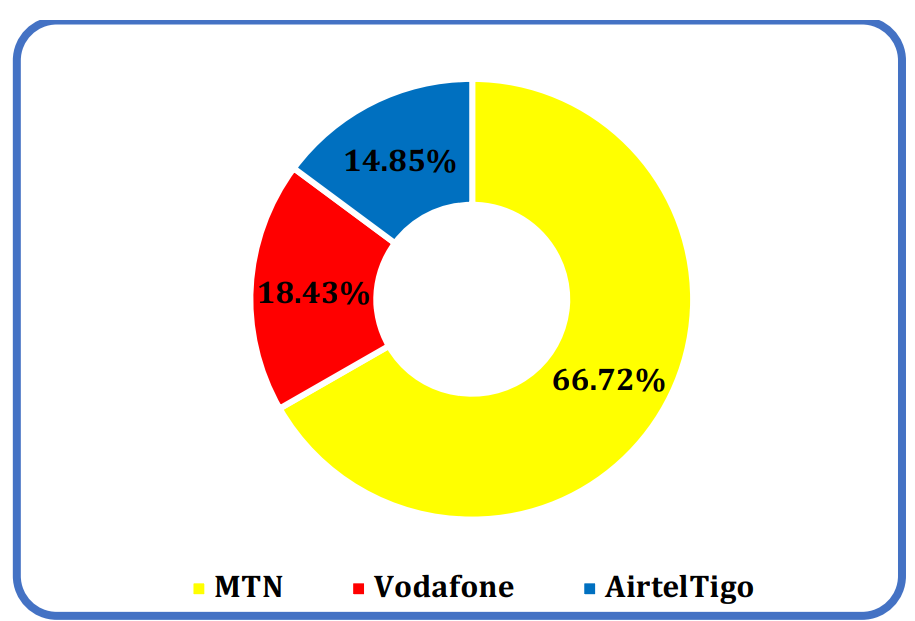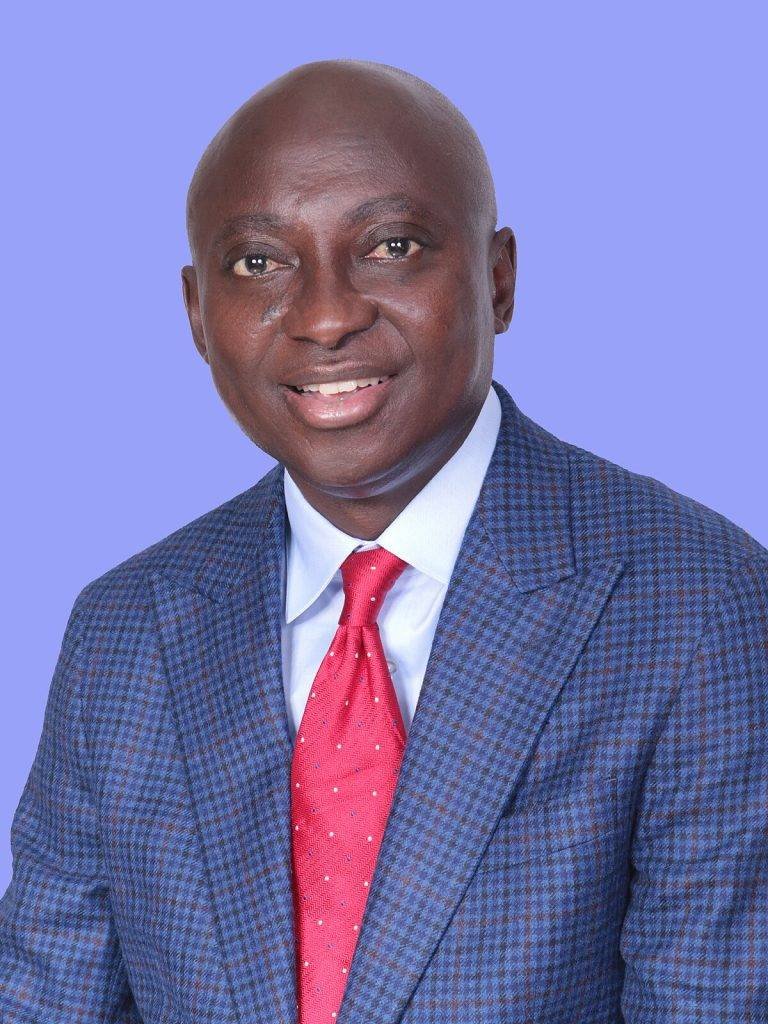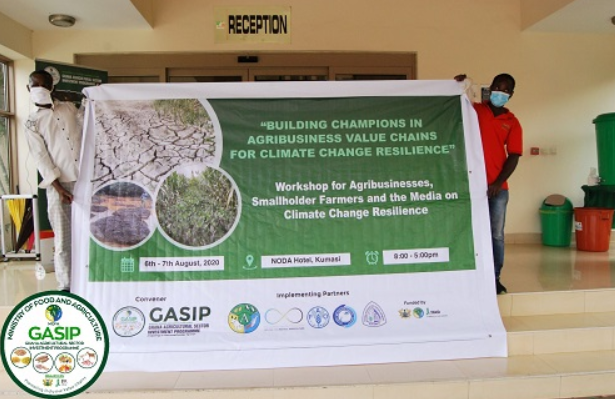
The recent claim that Ghana has only a few hours of fuel for its power plants, made by a member of the NDC government’s transition team, has sparked a flurry of headlines.
However, as Bright Simons, a leading social entrepreneur and co-founder of Imani Africa, points out, such sensational claims, delivered in unplanned interviews, often create more confusion than clarity.
The suggestion of deliberate sabotage by the outgoing government, while generating tabloid buzz, detracts from the core policy issues at hand.
According to Mr. Simons, the real challenge lies in addressing the structural problems that have plagued Ghana’s energy sector for far too long.
He opined that instead of succumbing to sensationalism, the country or government must focus on critical questions. Why is Ghana so reliant on liquid fuels as an emergency substitute for gas, which should be the primary fuel source for thermal power plants? What are the underlying reasons for the persistent gas supply issues? And what concrete solutions does the new government propose to address these challenges?
He concluded by urging Ghanaians to demand more from their leaders, ”seeking evidence-based solutions and resisting the allure of spin and sensationalism”.
Read Bright Simons full opinion on Ghana’s current energy crisis below:
1.It was quite surprising that the claim that Ghana only has enough fuel for its power plants for less than a week was made in off the cuff remarks in an unplanned interview by an NDC govt transition team member.
2.Important information like that when delivered in random snippets make analysts and the public alike more confused than informed.
3.The suggestion that this was a deliberate act of “sabotage” by the outgoing government feeds tabloid sensations. Usually, the more critical policy issues go beyond the sensational.
4.Problems in Ghana don’t get fixed because the structural policy issues are constantly ignored. Either PR dazzles the public, or tabloid sensationalism distracts them.
5.The real policy issues here are as following:
A. The liquid fuels are an emergency substitute for gas, which is supposed to be the main fuel for thermal power plants in Ghana. Where is the country with fixing the gas supply issues? Why have the problems been prolonged? What solutions are favoured by the new govt.
B. More urgently: what are the security of supply arrangements for the emergency liquid fuels? Are there contracts? With whom? Are there penalties for non-performance to protect national interests?
C. There have been reports that Harry Campbell of Stratcon was somehow “imposed” on the emergency fuel supply system. That without tender or any meritorious process, suppliers of lower standing in the industry have been forced on the system. What is the full context of these reports?
D. I recall that when Harry Campbell tried to break into Liberia, analysts there quickly established that he was exaggerating his standing in Ghana. The question is: how did he come into the equation in the first place?
E. MOST IMPORTANT OF ALL, what are the steps the new govt plans to take to fix the gas supply issues and, whilst doing that, ensure that the emergency liquid-fuel supply program isn’t “captured” by any individual or politically connected supplier, thus ensuring reliability?
For political communication to change for the better in Ghana, for policy focus to be restored, the public would need to change its appetites. The public needs to become more demanding. More curious about root causes. And more resistant to spin, PR, and surface filla.
Ghana needs $90 million to purchase fuel to prevent looming power crisis – GRIDCo report
The post Beyond the sensational: Deciphering Ghana’s energy crisis – Bright Simons writes first appeared on 3News.
Read Full Story






















Facebook
Twitter
Pinterest
Instagram
Google+
YouTube
LinkedIn
RSS